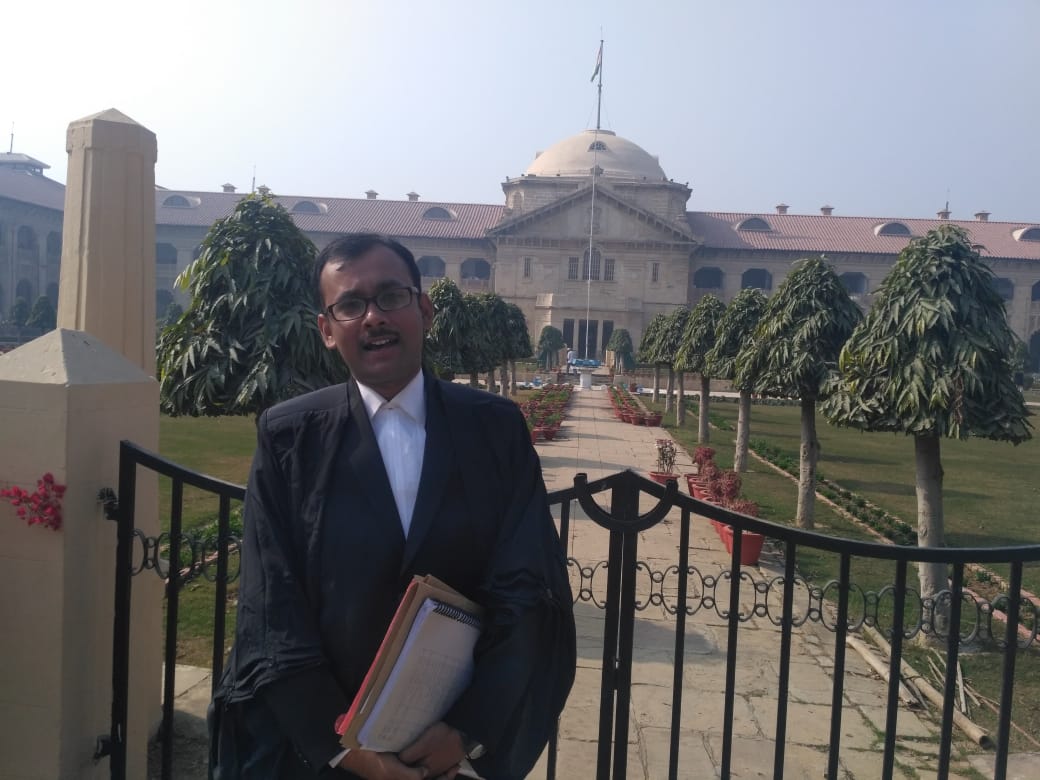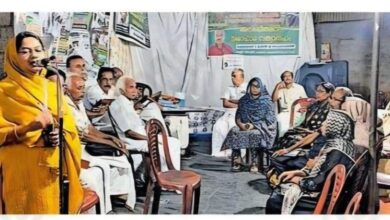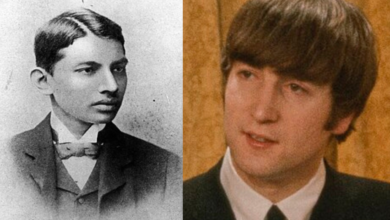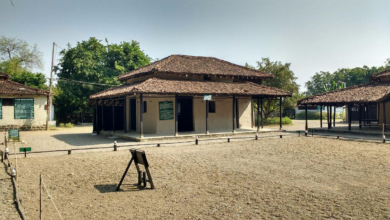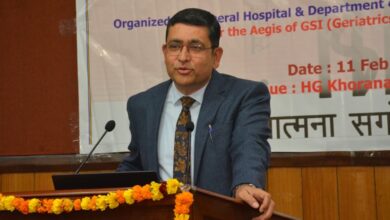Rajasthan Constitutional crisis : important legal questions
Saurabh Tiwari , Advocate High Court
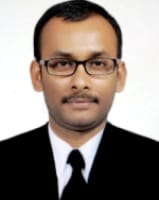
Rajasthan political crisis now emerged as Constitutional crisis. Question is raised on the role of the Court , all question need to be answered in the light of the Constitution. paragraph 7 of the 10th Schedule of the Constitution clearly states that “No Court shall have any jurisdiction in respect of any matter connected with the disqualification of a member of a House “, most important point is, this provision overriding effect over all the constitutional provision because para 7 of 10th Schedule stared with the point Notwithstanding anything in this Constitution. On the other hand article 212 of the Constitution reads as, Courts not to inquire into proceeding of the legislature. It is important to note that speaker notice under 10th schedule is proceeding under article 212 of the Constitution. However in the year 1992 , 5 judges constitution bench in the landmark case of Kihoto Hollohon case established that Judicial review of speaker decision is possible but only after Speaker final decision on disqualification. It’s makes clear, before speaker decision no judicial review is possible .
In the Manipur MLA case, 3 judges bench of the Supreme Court observe that Speaker has to decide the disqualification petition , however within 3 months.
Now question is whether Sachin Pilot camp MLAs decision not to attend the party meeting against chief whip notice, amounts to voluntarily giving up membership or mere dissent ?
Interestingly, Kapil Sibal while appearing for the Speaker of Rajasthan in the Supreme Court clarified that Sachin Pilot and his camp were asked to attend the party meeting not on a whip but on a notice issued by Chief whip. Question before the court is , whether Sachin pilot camp attract the disqualification under paragraph 2 (1)(a) of 10th schedule for not attending party meeting on the notice issued by chief whip ? Paragraph 2(1)(a) of the 10th Schedule states that legislator may be disqualified for giving up membership of the party voluntarily. Rajasthan high court on 24th july framed many questions to decide one of them is whether the expression of dissatisfaction or disillusionment and the strongly worded opinion against the party leadership can be a conduct falling within the scope of para 2(1)(a) of the 10th Schedule. However in the year 1996 G. Vishwanath case Supreme Court observed that the act of giving up membership can be either “express or implied”.
In the year 1994 R.S Naik case apex court upheld that even in absence of a formal resignation from the memberships an inference can be drawn from the conduct of a member that he has voluntarily given up his membership of a political party to which he belongs.
Notably Chairman of Rajya Sabha M Venkaiah Naidu , disqualified former JD(U) M.P Sharad Yadav on ground of voluntarily giving up membership clause of 10th schedule on the basis of critising of the manifestos and policies of the party publicly.
Renowned journalist and scholar Ram Dutt Tripathi on live discussion with Janadesh channel observed that Court has crossed legal limit by restraining Rajasthan Speaker disqualification proceeding. He further said Court role may start where Speaker take final call on disqualification petition.
Before the Rajasthan High Court the Pilot group prayed that paragraph 2(1)(a) of the 10th schedule which deal with voluntarily giving up membership be declared void being violative of “Basic structure doctrine”.
However this type of constitutional question must be decided by the supreme court, Article 141 of the Constitution said that law declared by supreme court is binding on all courts. Let us see on apex court approach on Monday. On the other hand Rajasthan High Court on 24th july ordered status quo on speaker’s disqualification notice .
Lastly , who can forget the infamous tussle between legislature and judiciary in the year 1964 famously known as Keshav Singh case where U.P. legislative assembly issued arrest warrant against two judges of the Lucknow bench of Allahabad High Court for interfering in their contempt proceedings.
(Writer is Constitutional law expert practicing at Delhi and Allahabad High Court. View expressed is personal).

